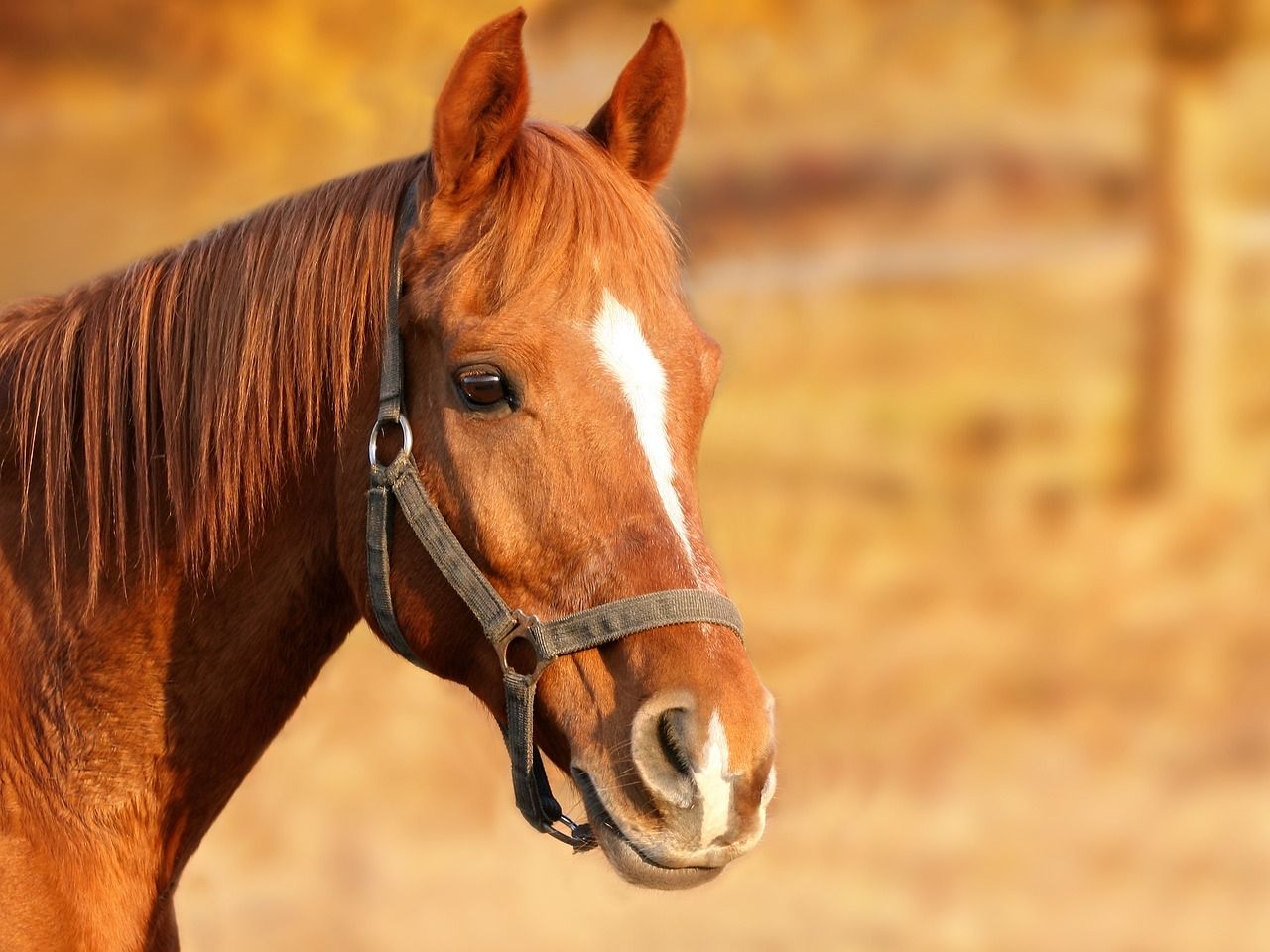An intriguing experiment... What if horses are much more intelligent than we assumed?
Published by Cédric,
Article Author: Cédric DEPOND
Source: Applied Animal Behaviour Science
Other Languages: FR, DE, ES, PT
Article Author: Cédric DEPOND
Source: Applied Animal Behaviour Science
Other Languages: FR, DE, ES, PT
Follow us on Google News (click on ☆)
Far from merely reacting to immediate stimuli, horses might be capable of planning their actions based on anticipated consequences.

Illustration Image Pixabay
To reach this conclusion, the researchers designed a three-step game involving 20 horses. In the first phase, the horses received a treat when they touched a piece of cardboard with their muzzle. The second phase introduced a red light: the horses received a reward only if the cardboard was touched when the light was off. However, the horses ignored this rule, continuing to touch the cardboard indiscriminately, whether the light was on or off.
It was during the third phase that the horses' strategic capabilities emerged. A penalty was introduced: if a horse touched the cardboard while the red light was on, it was excluded from the game for ten seconds. Quickly, the horses began to follow the rule, touching the cardboard only when the light was off, significantly reducing their errors.
Louise Evans, the lead author of the study, emphasizes that this sudden change in behavior indicates a high level of cognitive reasoning. The horses may have understood the game rules from the beginning but did not find it necessary to follow them as long as there was no penalty involved.
This discovery challenges the notion that horses are incapable of planning and proactive thinking. According to the researchers, this ability to adjust their behavior based on future consequences suggests that horses are capable of model-based learning, a form of cognition once thought too complex for them.
Finally, this study could have significant implications for horse welfare. Recognizing their cognitive abilities makes it possible to develop more respectful training methods, avoiding the aversive techniques often used.